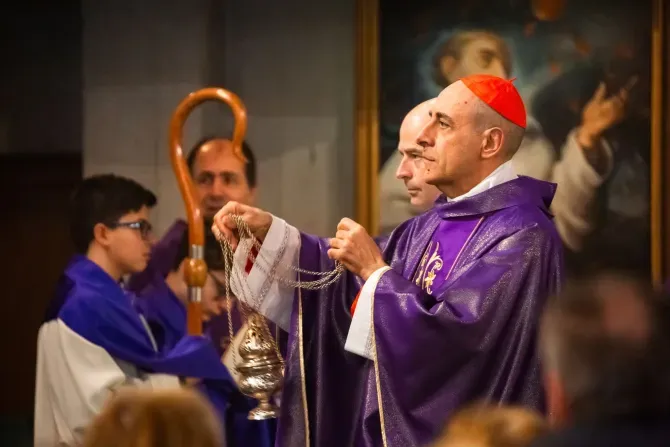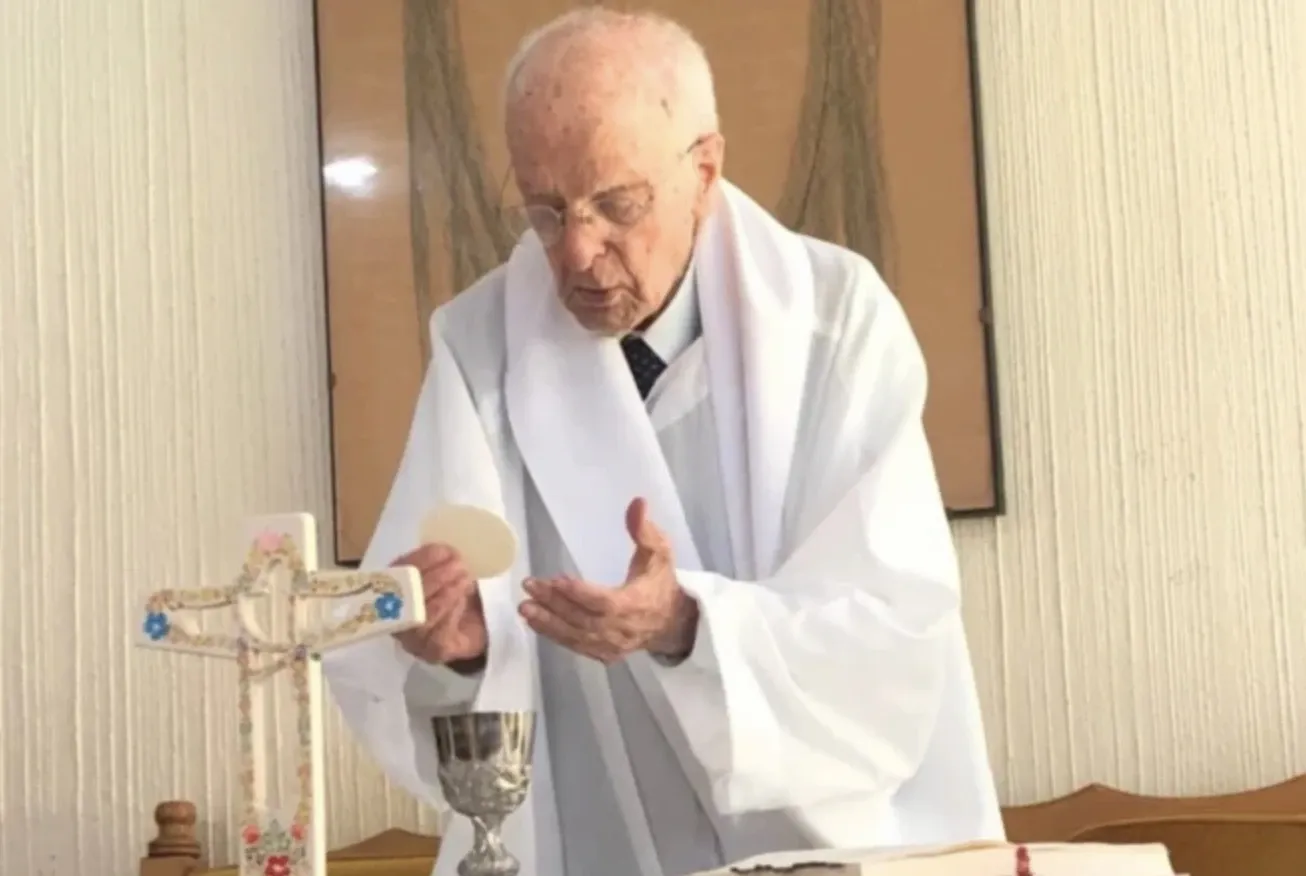Lima, 17 January, 2024 / 1:35 pm (ACI Africa).
The prefect of the Dicastery for the Doctrine of the Faith (DDF), Cardinal Víctor Manuel Fernández, said in a recent interview that Pope Francis previously knew of his Spanish-language book “Mystical Passion: Spirituality and Sensuality.”
The book was originally published in Mexico in 1998, when Fernández was 36. He had been a priest for 12 years and already held a doctorate in theology. The book has been out of circulation, but the Argentine blog Caminante Wanderer revealed its existence in a Jan. 8 post, and it was later reported by various media outlets.
In an interview last week with the EFE news agency, the Argentine cardinal responded to criticism he received after the latest revelations about the book: “I foresaw it, and I knew that in the midst of controversial issues they could use old things like this book.”
“I had told the pope, when he proposed this position [DDF chief] to me for the second time, that this could happen, but he was already clear about it and also knew about this book,” the cardinal revealed.
“It so happens that on one occasion many years ago they had already accused me about that book and I was not sanctioned in Rome for it. They have already exhaustively investigated me,” he added.








